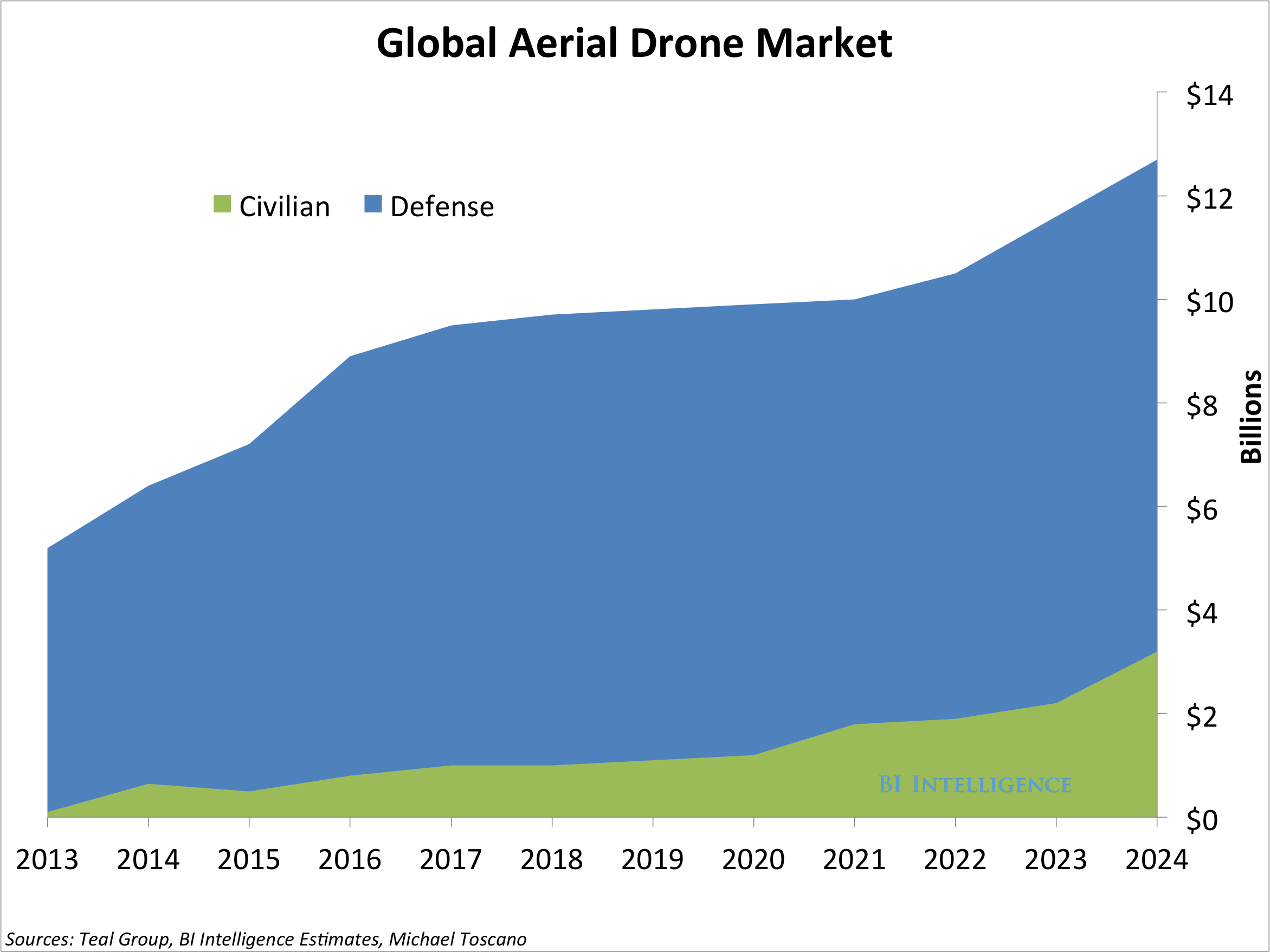Although this article highlights the robots used in the courts across India; robots in the courtroom has also been proposed in the US. So, if we ask ourselves “Can robots take over court cases and reduce the overloaded burden of the court system?” In some areas as a legal assistant, or paralegal to support the attorney/s; I would say yes.
However, taking over full ownership of a case. Well, that gets tricky in the US. For example, I am a client and I have a robot representing me. I lose my court case. So, can I claim misrepresentation under the current laws? You bet I can.
What do we need to do so that the laws enable robots the same level of recogonition/ equality as a human attorney has today? In order for this type of recogonition/ equality to exist; many laws on the books (state, county, city, and federal) will need to be reviewed, admendments proposed, and a vote done on all of them. Which will take a very very long time. Because the volume of laws in the city and county in some areas like NYC, Chicago, etc. is very extensive and expensive to taxpayers.
Again, we must be very pragmatic at this point before stating that by 2020 the courts will be nothing; but a judge a plantiff with a robot, etc.
According to a report in The New Indian Express (8−2−16), titled ‘Supreme Court Talks Tough on Frivolous Pleas’, the Court has come down heavily on litigants who prolong cases by filing frivolous applications. The Bench headed by Justice Dipak Misra said: “The Indian judicial system is grossly afflicted with frivolous litigation. Ways and means need to be evolved to deter litigants from their compulsive obsession towards senseless and ill-considered claims. One needs to keep in mind that in the process of litigation, there is an innocent sufferer on the other side of every irresponsible and senseless claim.”
Justice Misra blamed litigant’s ‘compulsive obsession’ without blaming the role of some irresponsible and self-serving lawyers in instigating/encouraging litigation and prolonging it through unending adjournments that lead to clogging the Indian justice delivery system. Take, for instance, a case thrown out by Sitamgarh Chief Judicial Magistrate on February 1, 2016 — a petition, by advocate Chandan Kumar Singh, against Lord Rama and his brother Laxman over banishing goddess Sita to exile in a forest, with the judge saying that the issue is ‘beyond logic and facts’. Meanwhile, three cases have been filed in the same court against Singh for his ‘defamatory’ acts against the Almighty. It has admitted the cases under various Sections of Indian Penal Code. Thus, the tamasha goes on!
Thankfully this case is handled at the district level. But, in the past, apparently instigated/ encouraged by the concerned lawyer, the case of a performing Himalayan sloth bear, Munna, owned by Nasir Khan, who was charged under Wildlife Act, reached the Supreme Court. He lost. But, it shows how litigants, apparently goaded on by lawyers, rush to the courts and clog them, thus preventing them from handling genuine cases.
Read more









